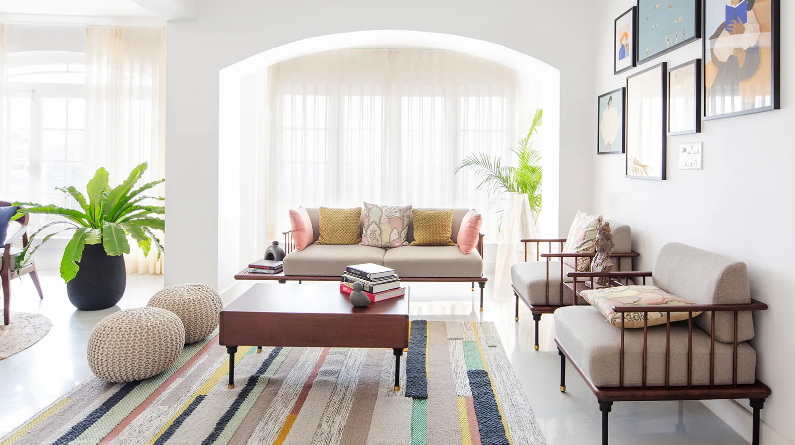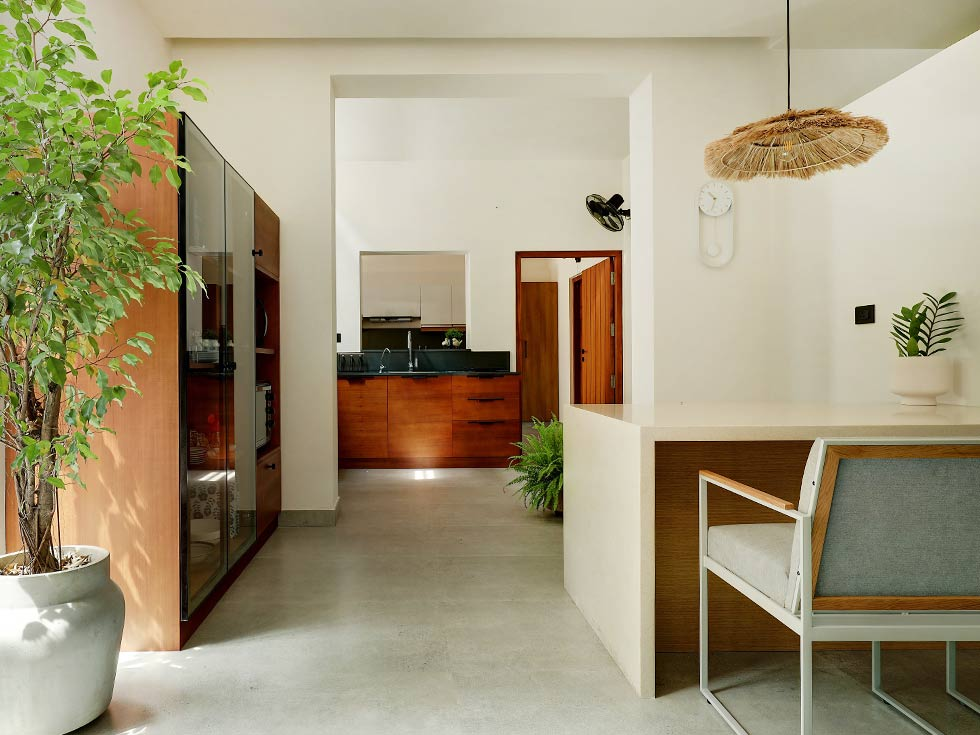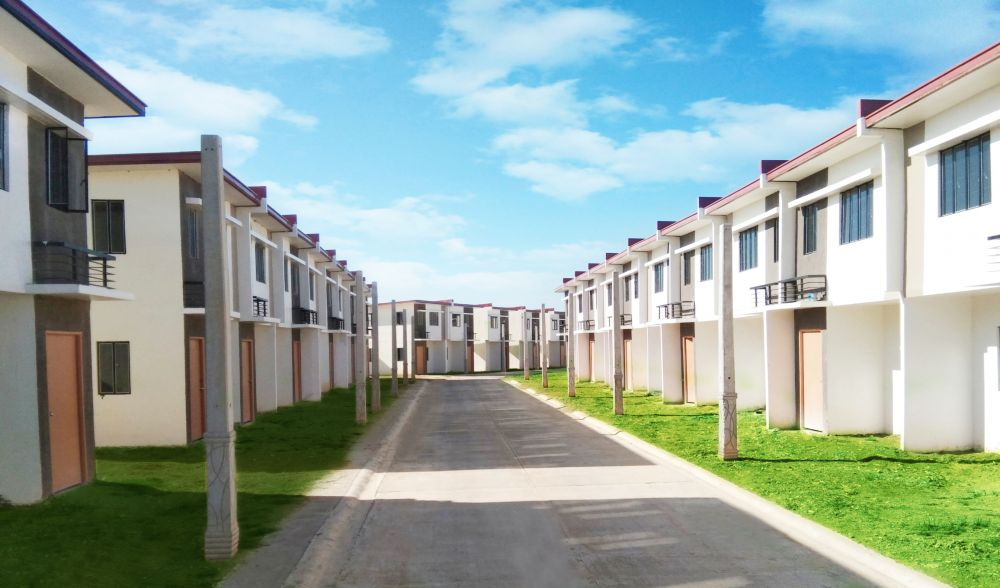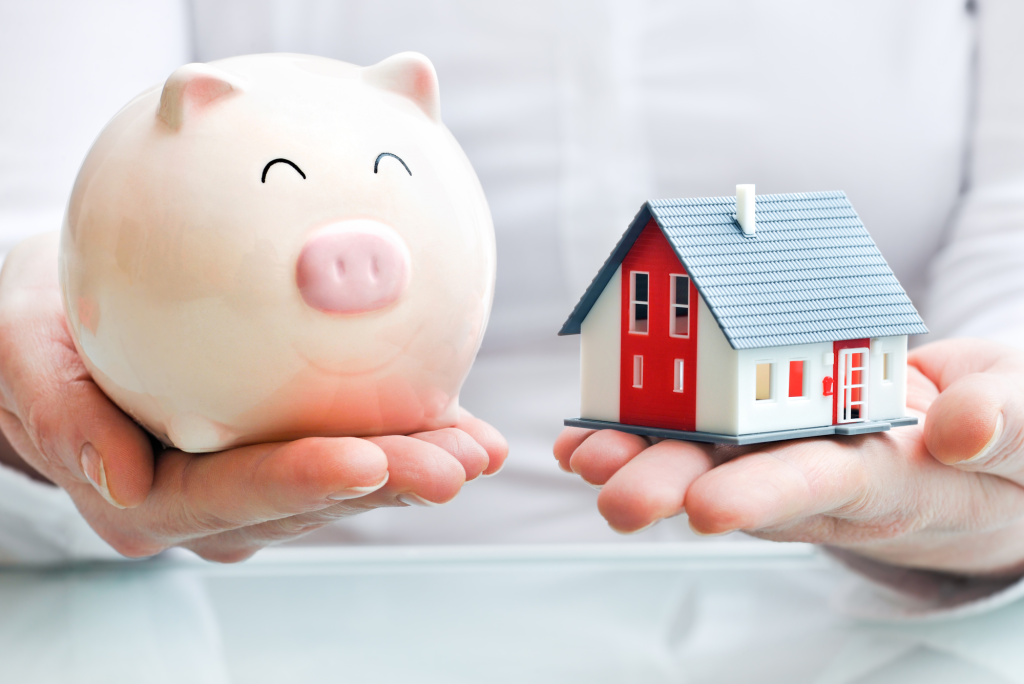
Buying a house is a life-changing experience. It’s exciting, but it’s also stressful and requires careful planning. There are many important things to consider before taking the plunge, including how much you can afford for a property, how much space you need in your new home, and what you want in your neighborhood. In this post, we’ll take a closer look at a few of these concerns so you can decide with confidence whether to purchase your first house or move up to a finer place than where you currently reside.
How much can you afford for a property?
Before you begin the process ofbuying a house, it’s important to consider how much money you can afford. How much do you earn? What is your monthly income after taxes? Do you have any debt, like salary loans or car payments? What’s the size of your savings account, and how long would it take for that money to run out if something unexpected happened in life (such as job loss)? These are all important questions that need answering before taking on such an enormous financial responsibility as owning a home.
How much should you save for a down payment?
But before you start saving, it’s important to figure out how much of a down payment you’ll need. That depends on the type of loan you want to take out and the value of your home.
How much space do you need?

You’ll need to consider how much space you need for your furniture, appliances, and other household items. If you have a lot of stuff, then it’s probably best to stick with a larger home than one that is too cramped.
A good rule of thumb is to measure the rooms in which you plan on placing most of your furniture. This can include:
- Bedrooms (including beds)
- Bathrooms (including shower or bathtub)
- Living room area with sofa, chairs, and TV stand
- Home office (if you have a work-from-home setup)
- Mini gym (if you are a health buff)
- Do you want a house with a yard? Do you have pets that will need space to roam?
Does the house need to be an open floor plan or a complete type?
Open floor plans are more common, easier to decorate, and easier to clean. They’re also more energy efficient than traditional houses because they allow for better air circulation throughout the entire house, so you’ll save on cooling costs during the summer months!
Meanwhile, a complete type of house is when the interior is already set, from the number of bedrooms to cabinets installed and fixtures.
Do you prefer to take a housing loan through a bank or other financing institutions?
If you are planning to buy a house and need to take out a loan, there are several options available. You can choose between obtaining a mortgage loan through the bank or other financing institutions such as private lenders or Pag-IBIG housing loans.
The first thing to consider when deciding which type of mortgage loan is right for you is whether or not you qualify for it. For example, if your credit score is low, then it might be difficult for you to get approved by most banks because they require borrowers with high scores as collateral against defaulting on payments. However, if this doesn’t apply to you, then there are still many other factors that affect whether or not someone gets approved by their lender, such as income level (must be able to meet monthly payments), job security, or employment history (no recent layoffs), as well as the age qualification for purchasing a long-term loan.
Are there any noticeable problems or defects within the house?
Check the house for any noticeable problems or defects if it is ready for occupancy. As you walk through the house, look for mold, pests, and structural issues. If there are any signs of water damage or neglect in the house’s history, ask about them. You should also ask about the condition of the roof and foundation as well as whether there have been any repairs needed on either recently.
What do you want in your neighborhood?

When you’re looking at a house, it’s easy to get caught up in the details of the house itself. But what about the neighborhood? While there are plenty of great homes out there that may be less than ideal for you because of their surrounding areas, it’s important not to forget this factor when deciding where you want to live.
A few questions you should ask yourself include:
- How close are my neighbors? Do I want them close enough that we could be friends, or would I rather keep my distance?
- Is there public transportation nearby? If not, how far would I need to drive every day, and how much time would that take away from my life (and therefore money)?
- What kind of activities can I do within walking distance from home or work–grocery store trips included!
- Does the community seem secure with guards, fences, and security cameras?
What is important to you – proximity to work or public transportation, quietness or nightlife, parks, and recreation options?
Knowing your lifestyle while comparing it to your needs, decide if the house location has a good balance of it. For example, I, as an introvert, don’t like parties at all, and I have a work-from-home setup. My house location choice will be closer to nature and away from busy the busy Metro. I prefer it to be more convenient for my children, where the proximity to school is a plus factor and a fast and reliable internet connection is a must.
When will you be ready to move out of your apartment or live out of your house with your parents?
If you’re a young professional, it’s likely that it is time you’ll want to move out of your apartment or live out of your parent’s house. This can be challenging if you haven’t decided if your current job is what you want to do on a long-term basis. However, if this is the case, there are still some things you can do to prepare yourself financially before making the big leap into homeownership:
- Start saving money as soon as possible! If possible, try saving enough so that when it comes to marriage (if applicable), then buying a house won’t be something completely out-of-reach for your budget. It may take years of hard work and sacrifice, but eventually, those long hours spent working extra shifts will pay off!
- Make sure not to spend all of what little savings there is just because someone else tells them what kind of life they should lead – instead, be mature enough to set up an emergency fund, too.
Are you financially ready for homeownership right now?

It’s important to be financially ready for homeownership. That means saving for a down payment, having enough money to cover monthly payments, and having enough savings to cover maintenance costs and unexpected expenses.
You also want to consider how much you will be able to pay off the loan early–especially if you can do so without changing how much interest you’re paying on your mortgage each month.
How much are similar homes in the neighborhood selling for?
The most important thing to consider when looking at a home is the price. How much are similar homes in the neighborhood selling for? Are they selling quickly or taking months on the market? Is it overpriced or underpriced?
If you’re not sure what comparable properties look like on paper, start with these questions:
- How many other houses are available in this area? Are there 10 or 100?
- What do they go for–and how long does it take them to sell once listed (or put up for rent)?
If there are residents in the area, you can also try to have a quick chat to ask if the internet connection is good or if they were affected by a flood from a previous typhoon.
Why do you want to purchase a home rather than rent?
If you want to own a home for the first time, or if it’s been some time since you’ve owned one and are considering buying again, there are many questions that will help guide your decision-making process.
One question to ask yourself is, why do I want to purchase a home rather than rent?
There are many reasons people choose this option: they may want the stability that comes from knowing exactly how much money they’ll be paying each month; they might want to build equity in their own property; or perhaps they simply prefer having ownership over renting an apartment or house where someone else sets all of the rules. Other considerations include being able to make improvements or changes at will, having room for pets (or children), and building memories with family members over time through shared experiences living together under one roof.
If you are ready to buy a house, we hope these questions have helped you get started on your journey. It can be an exciting time but also a stressful one if you don’t know what to look out for or how much money you should save up before making any major financial decisions. We wish you all the best in finding your perfect home!
